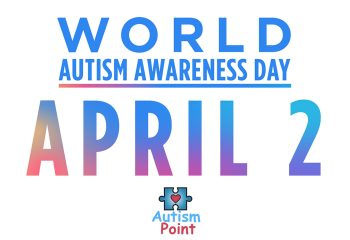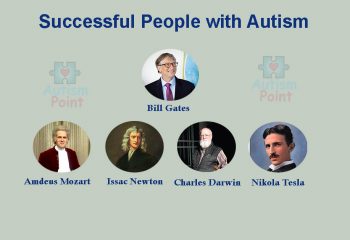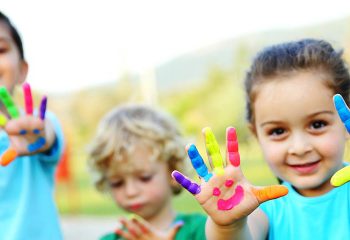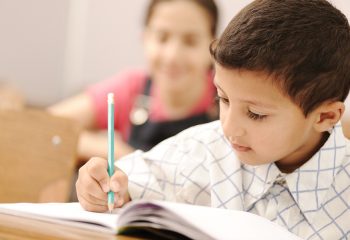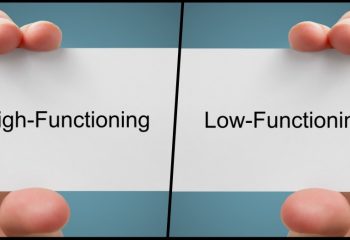Information and Support for Autism Community

What is Autism?
Autism Spectrum Disorders (ASD) is a complex developmental disability. There are many types of Autism. Signs typically appear during early childhood.
Learn the Signs
One of the most important things you can do.
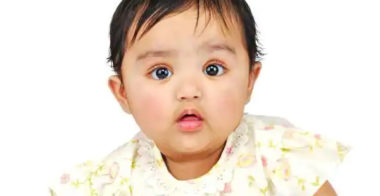
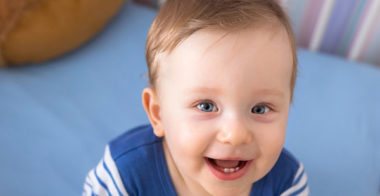
Newly Diagnosed
The time following a diagnosis of autism can be overwhelming. You likely have a lot of questions and concerns about what lies ahead. You have come to the right place.
Our Services
At Autism Point, we provide evidence-based and ethically considerate Applied Behavior Analysis and other specialized services to families with young children on the autism spectrum or with other developmental disabilities. From tailored intensive one-on-one therapy sessions for children to training family members, we strive to progress a child’s transition from a controlled teaching setting to an uncontrived natural environment at home. With time and dedication, we hope to allow your child to practice language and other skills in a typical community or family setting.
More than just for children, Autism Point understands the psychological impact a child with developmental difficulties can have on parents and siblings, which is why we also offer counseling and therapy for parents and siblings too.
At Autism Point, we all hold certain truths about children of determination:
1. Every child has the potential to develop and grow in a safe environment
2. Focus should be placed on enhancing skills that lead to rewarding personal relationships
3. Functional communication is the foundation of progress in all areas of development
4. Reliable data is key to achieve the best results and must be gathered and analyzed continuously
5. Only evidenced-based practice will lead to the best possible outcome
No two children are the same. An approach that has worked wonders with one child probably won’t have the same effect as it might have on another. So too will treatment’s effects differ on a daily basis. We believe it’s important to maintain a regular schedule to ensure every sign of progress is identified in an orderly fashion.
A therapy based on the science of learning and learned behavior. Our ABA services adopt evidence-based practices backed by a wealth of research that proves it to be the most effective approach of therapy. Our sessions conducted in Lahore, are based on basic principles of behavior that help teach your child important developmental skills while reinforcing appropriate and necessary behaviors, and thereby reducing and replacing maladaptive behaviors.
Functional Behavior Assessment
For clear or suspected cases, a comprehensive three-stage assessment comprising 1. Direct observation 2. Indirect assessment and 3. Functional Analysis is used to ascertain the exact function of a child’s behaviors.
Functional Communication Training
For children who use socially inappropriate behaviors to gain access to an item or activity, such as screaming or crying, this type of therapy aims to replace such actions with appropriate, functional behaviors that achieve the same results.
Behavioral Deficit Training
For children that struggle with requesting, labeling, or answering questions, this therapy focuses on a child’s delayed skills with teaching techniques such as discrete trial and natural environment training, and incidental teaching.
Managing Behavioral Excesses
For children that exhibit restricted or repetitive behaviors such as excessive hair twirling, back-and-forth rocking of the body, etc. this therapy aims to manage or replacing these behaviors using ABA techniques.
Adaptive Skills Training
Not necessarily just for children, this intensive one-on-one program is a beneficial life-skill that should be learned by people of all age groups, comprising daily living skills that are helpful to lead a healthy, independent life.
Social Skills Training
Children that struggle to adapt in social settings will benefit from this therapy program, which aims to enhance verbal and non-verbal communication skills (any form of social interactions that may be lacking), and confidence.
Play Skills Training
By increasing a child’s motivation to engage in toys or activities, this therapy program is focused on developing independent engagement skills that help a child be OK with being left alone for any period of time.
Handwriting
Handwriting is a complex process and is not as simple as people think. From a therapy point of view, handwriting can be broken down into three fundamental areas, language comprehension, motor skills, and visual-perceptual skills. For children having difficulty bridging the gap between thought and patterns, this program focuses on writing skills by teaching methods such as shaping while using physical and sometimes verbal prompts.
Toilet Training
If a child is still having difficulties after the usual parent’s potty-training methods, teaching focused on the consistency of a schedule of toileting routine increases the probability of the child either using or requesting the toilet independently.
Pre-academic Training
Giving your child every possible advantage in a potentially daunting new environment, this program focuses on providing the child with basic pre-academic skills, allowing them to join in at the same or similar level.
Motor Skills
Not restricted to children with developmental difficulties, this program is suitable for any child that might need help shaping basic fine or gross motor skills.
Cognitive Skills
Skills focusing on early developmental milestones such as Object permeance, Joint attention, Problem Solving, etc.
Play Therapy
Creating a safe, confidential, and caring environment with as few limits as possible but as many as necessary to allow a child to play with physical and emotional safety. They may be alone or with groups of children.
Picture Exchange Communication System
PECS allows people with little or no communication abilities to communicate using pictures. People using PECS are taught to approach another person and give them a picture of a desired item in exchange for that item.
Augmentative and Alternative Communication
AAC communication devices, systems, strategies, and tools replace or support natural speech and are known as augmentative and alternative communication. These tools support a person who has difficulties using speech.
Visual Motor and Perception Skills
A child’s ability to coordinate visual information with motor output. Visual perception helps children to recognize, recall, discriminate and make sense of what they see. Both are underlying components of catching a ball, forming letters properly between lines, reading and cutting on lines.
Concentration
An effective treatment to improve your child’s concentration and memory can be done through different treatment options with the ultimate aim of improving function. Poor concentration can impact heavily both at school and at home, so it is important to address this early.
Our ABA therapy approach focuses on Skinner’s analysis of verbal behavior, along with physical, adaptive and cognitive skills. We create an environment with several learning opportunities in each one-on-one session to master and retain new and existing skills by following a pattern of teaching methods. (Natural environment training (NET), Incidental Teaching (IT), and Discrete Trial Teaching (DTT).) Our assessment and treatment plans focus on various pivotal skills crucial to acquiring further complex, socially functional, and other important skills. We try to motivate your child to accept and embrace learning. We work mostly with children with learning difficulties e.g. Autism, Developmental delay, PDD-NOS and more. Additionally, we support children with other behavioral concerns.
A therapy based on the science of coordination and motor skills. Occupational therapy helps children struggling with everyday tasks due to poor motor skills. That includes tasks that are part of learning and functioning well at school, from simply zipping their jacket to writing or typing.
Adaptive Skills Training
This intensive one-on-one program is a beneficial life-skill that should be learned by children with autism, comprising daily living skills that are helpful to lead a healthy, independent life.
Play Skills Training
By increasing a child’s motivation to engage in toys or activities, this therapy program is focused on developing independent engagement skills that help a child be OK with being left alone for any period.
Handwriting
Handwriting is a complex process and is not as simple as people think. From a therapy point of view, handwriting can be broken down into three fundamental areas, language comprehension, motor skills, and visual-perceptual skills. For children having difficulty bridging the gap between thought and patterns, this program focuses on writing skills by teaching methods such as shaping while using physical and sometimes verbal prompts.
Toilet Training
If a child is still having difficulties after the usual parent’s potty-training methods, teaching focused on the consistency of a schedule of toileting routine increases the probability of the child either using or requesting the toilet independently.
Pre-academic Training
Giving your child every possible advantage in a potentially daunting new environment, this program focuses on providing the child with basic pre-academic skills, allowing them to join in at the same or similar level.
Motor Skills
Not restricted to children with developmental difficulties, this program is suitable for any child that might need help shaping basic fine or gross motor skills.
Cognitive Skills
Skills focusing on early developmental milestones such as Object permeance, Joint attention, Problem Solving, etc.
Play Therapy
Creating a safe, confidential, and caring environment with as few limits as possible but as many as necessary to allow a child to play with physical and emotional safety. They may be alone or with groups of children.
Visual-Motor and Perception Skills
A child’s ability to coordinate visual information with motor output. Visual perception helps children to recognize, recall, discriminate, and make sense of what they see. Both are underlying components of catching a ball, forming letters properly between lines, reading, and cutting on lines.
Motor Planning
We deal with a child’s ability to comprehend, plan, and carry out a skilled, non-habitual motor act in the correct sequence from beginning to end. Incoming sensory stimuli must be correctly integrated to form the basis for appropriate, coordinated motor responses.
Muscle Tone
The amount of tension in a muscle when at resting state (not actively contracted) defines a child’s ability to maintain a healthy body posture. … Occupational therapy, physiotherapy, and speech therapy are used to support children with low muscle tone.
Postural Control
Postural control therapy allows for maintaining posture, stability, and balance when moving against gravity and in and out of midline. Good control helps a child anticipate and adapt to balance challenges in the environment and develop a sense of body awareness in space.
Concentration
An effective treatment to improve your child’s concentration and memory can be done through different treatment options with the ultimate aim of improving function. Poor concentration can impact profoundly both at school and at home, so it is essential to address this early.
School Readiness Program
Practical sessions where children are introduces to a structured environment preparing them for the exciting school days ahead. Here we develop an interest in learning through fun exercises that give them a taste of school life and interaction.
Balance and Coordination
Age-appropriate balance and coordination allow your child to participate in sports with a reasonable degree of success as it aids fluid body movement for physical skill performance. It also helps children develop and maintain appropriate controlled body movement during task performance, which, when effective, limits the energy required and minimizes fatigue.
Kids who struggle with motor skills can often feel like victims, so it’s important to know that the earlier a child starts occupational therapy, the higher their chance of success. Occupational Therapy treatments work to improve fine and gross motor skills. Doing basic tasks can help with self-esteem and confidence, especially in front of other kids. At Autism Point, we help a child reach their full potential towards an assistance-free lifestyle. We cater to different levels and severity of cases and treatments are geared for your child’s specific needs. Our therapists assess your child’s strengths and challenges and identify a program for your child. Occupational therapy may also help kids with other difficulties like dyslexia, visual processing issues, executive functioning issues, and dysgraphia.
A therapy based on the science of communication skills. Has your child’s teacher suggested that your child might struggle with certain speech or language skills? Perhaps while talking to your child, you’ve noticed a little stutter. If so, an evaluation by a certified speech-language pathologist in Lahore at Autism Point can help find out if your child is indeed having problems.
Social Skills Training
Children that struggle to adapt in various social settings will benefit from this therapy program that aims to enhance verbal and non-verbal communication skills (any form of social interactions that may be lacking), and confidence.
Play Skills Training
By increasing a child’s motivation to engage in toys or activities, this therapy program is focused on developing independent engagement skills that help a child be OK with being left alone for any period of time.
Cognitive Skills
Skills focusing on early developmental milestones such as Object permeance, Joint attention, Problem Solving, etc.
Play Therapy
Creating a safe, confidential, and caring environment with as few limits as possible but as many as necessary to allow a child to play with physical and emotional safety. They may be alone or with groups of children.
Oral Placement Therapy
For any child who is struggling to form proper sounds with speaking Oral Placement Therapy utilizes a combination of auditory stimulation, visual stimulation and tactile mouth stimulation to improve speech clarity.
Pre-school Language Scales Assessment
PLS-5 offers a comprehensive developmental language assessment with items that range from pre-verbal, interaction-based skills to emerging language and early literacy.
Kaufman Speech Praxis Test
If they know what to say, but can’t seem to say it, KSPT is a norm-referenced, diagnostic test that could assist in the identification and treatment of childhood apraxia of speech.
HANEN Intervention Approach (Therapy & Parent Training)
Parents and educators are taught to facilitate communication development in young children to promote communication, social skills, and literacy in everyday activities.
Picture Exchange Communication System
PECS allows people with little or no communication abilities to communicate using pictures. People using PECS are taught to approach another person and give them a picture of a desired item in exchange for that item.
American Sign Language (ASL)
The primary language of many who are deaf and hard of hearing ASL is a complete, natural signing language with the same linguistic properties as spoken languages and is expressed by movements of the hands and face.
Augmentative and Alternative Communication
AAC communication devices, systems, strategies, and tools replace or support natural speech and are known as augmentative and alternative communication. These tools support a person who has difficulties using speech.
Visual-Motor and Perception Skills
A child’s ability to coordinate visual information with motor output. Visual perception helps children to recognize, recall, discriminate and make sense of what they see. Both are underlying components of catching a ball, forming letters properly between lines, reading and cutting on lines.
Our speech and language therapists will listen to your child to hear how he says sounds, look at how your child moves his lips, jaw, and tongue. The therapist may also test your child’s language skills, all before prescribing speech-language therapy. Articulation disorders: difficulties producing sounds in syllables or incorrectly saying words Fluency disorders: such as stuttering, where the flow of speech has abnormal stoppages, Resonance or voice disorders: problems with the pitch, volume, or quality of the voice. Each of these types of disorders may also cause frustration for a child when speaking so it’s important to treat as early as possible to allow your child to be socially comfortable in their community settings.
Get Involved



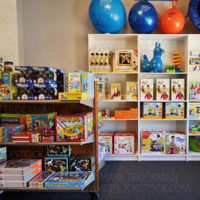
Our Team







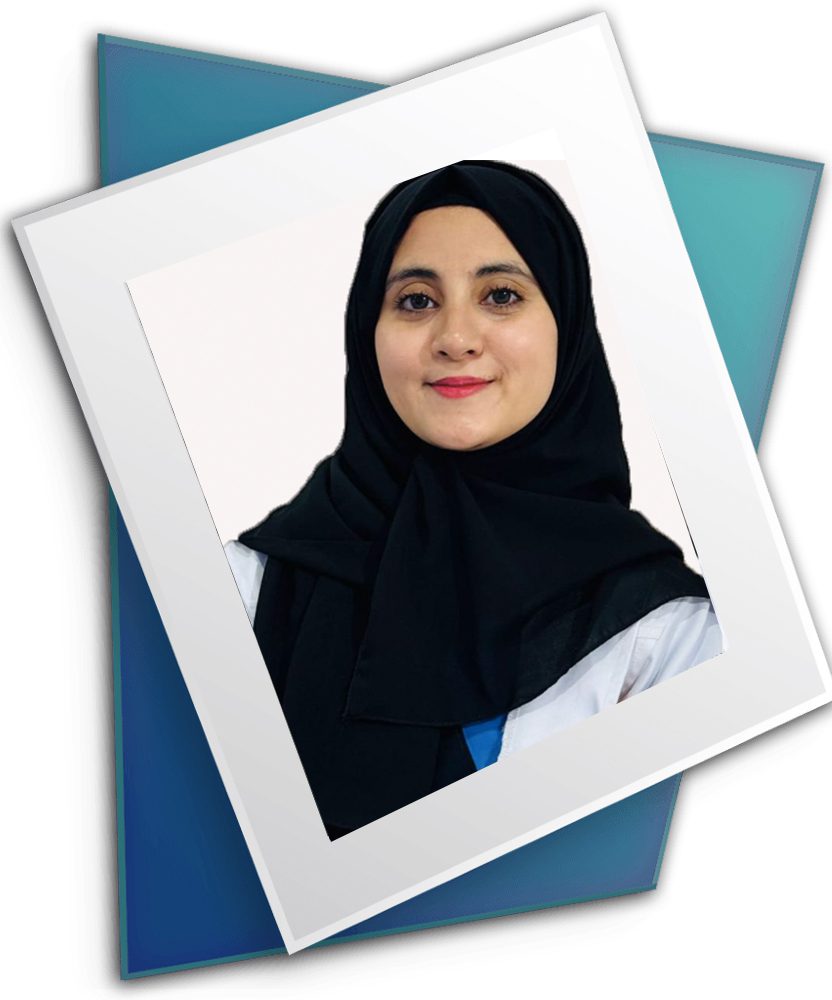
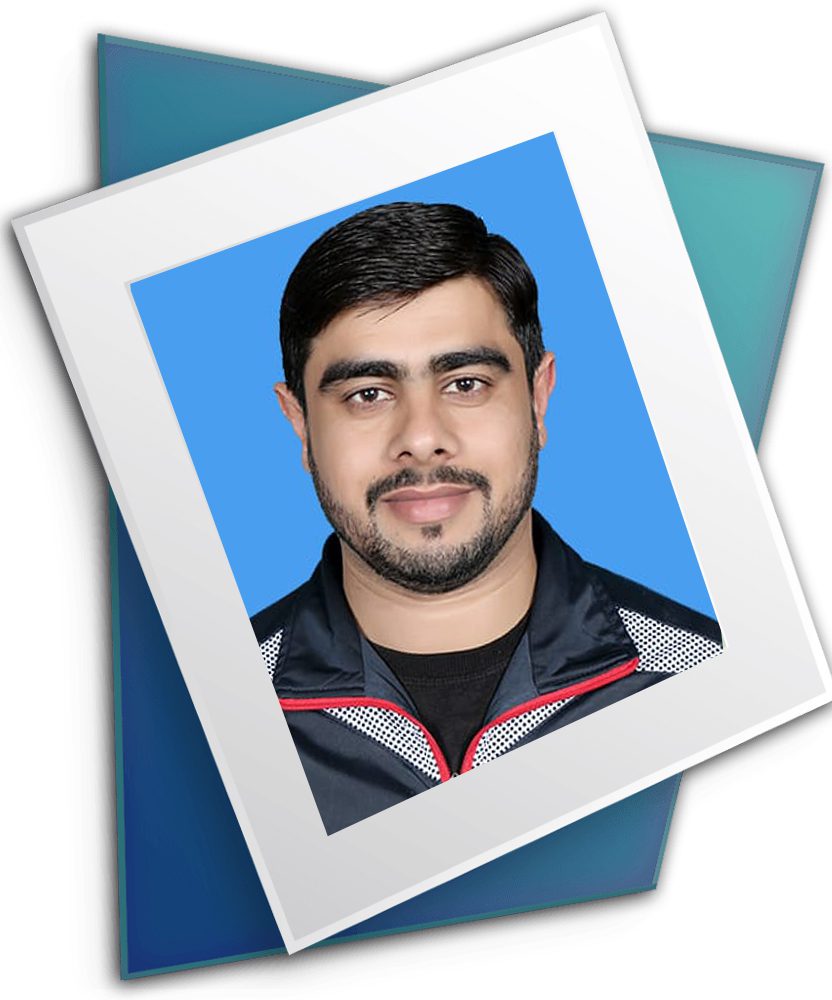


According to the latest statistics, 4 hundred thousand children with autism in Pakistan. This number increasing day by day due to many reasons. People with ASD need help and support from the community. Autism Point has specially trained professionals who work on brain development, social communication, social interaction, autism research and reduce the risk factors. According to the National Institute of autism research, ASD is a complex developmental disorder that affects how a person behaves, interacts with others, communicates, and learns. Symptoms of autism vary person to person. According to American psychiatrist, the successful result will come if families and caretakers are fully trained, connect people with autism, understand the needs of the autistic person.
The Autism Point has been improving the lives of people who affected by autism for years and change the world of individuals and families living with autism, they are able to maximize their quality of life, and treated with the highest level of dignity, and live in a society in which their talents and skills are appreciated and valued. We provide training, advocacy, special education, information and referral, support in Pakistan.
Autism Point is a fully equipped environment for children with ASD. Autism Point provides a high standard of special education, behavior therapy, speech therapy, occupational therapy, physiotherapy, and psychotherapy services to enable each child to develop the potential in a calm and relaxing environment that maximize communication and learning for everyone.
Autism Treatment in Pakistan
The diagnosis and treatment of Autism in Pakistan occurs in multiple settings and is provided by a variety of health professionals. Unfortunately, knowledge and awareness about Autism are low among Pakistani healthcare professionals & the presence of inaccurate and outdated beliefs regarding this disorder may compromise early detection and timely referral for interventions. The study assessed the baseline knowledge and misconceptions regarding autism among healthcare professionals in Pakistan which can impact future awareness campaigns. Methods Physicians (psychiatrists, pediatricians, neurologists, and family physicians) and non-physicians (psychologists and speech therapists) participated in this study. Knowledge of DSM-IV TR criteria for Autistic Disorder, beliefs about social, emotional, cognitive, treatment and prognosis of the disorder were assessed. Demographic information regarding the participants of the survey was also gathered. Results Two hundred and forty-seven respondents (154 Physicians & 93 Non-physicians) participated in the study. Mean age of respondents was 33.2 years (S.D 11.63) with 53% being females. Reasonably accurate familiarity with the DSM IV-TR diagnostic criteria of Autistic Disorder was observed. However, within the professional groups, differences were found regarding the utilization of the DSM-IV-TR criteria when diagnosing Autistic Disorder. Non-Physicians were comparatively more likely to correctly identify diagnostic features of autism compared with Physicians (P-value).
Important Links
Warning Signs of Autism and More
- Abnormal appetite
- Abnormalities in speech
- Accident prone behavior
- Aggressiveness
- Always climbing on objects
- Appears deaf and/or unable to speak
- Biting nails
- Biting own body parts
- Cannot be pacified
- Clumsiness
- Compulsive touching
- Constant motion
- Destructive behavior
- Dizziness
- Does not ask for help
- Eating Dirt
- Excessive drooling
- Excessive flatulence
- Excessive salivation
- Excessive sweating
- Facial changes
- Fat Cravings
- Fatigued
- Weak appearance
- Following routines
- Frequent burping
- Frequent flu and colds
- Hair pulling
- Biting nails
- Hand flapping
- Headbanging
- Head pain threshold
- Holds on to people and objects
- Hyperactivity
- Impaired ability to initiate speech
- Impaired social play
- Impaired peer relationships
- Impulsiveness
- Increased thirst
- Irritability
- Lacks concentration
- Muscle aches
- No eye contact
- Nonstop talking
- Pinches or hurts others
- Poor eye-hand coordination
- Post nasal drip
- Preoccupation with parts of objects
- Preoccupation in narrow interests
- Protruding abdomen
- Puffy eyes
- Restlessness
- Salt craving
- Screaming inconsolably
- Self abusive behaviour
- Sensitive to cold or heat
- Sensitive to odors
- Sensitive to sound or light
- Spinning motions frequently
- Spurns affection and cuddling
- Staring at people
- Sugar cravings
- Tantrums
- Totally nonverbal
- Uncontrollable body movements
- Violent behaviour







